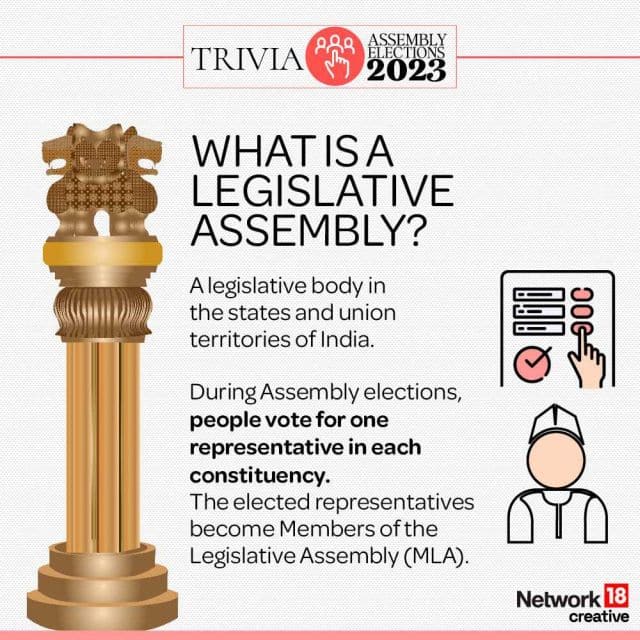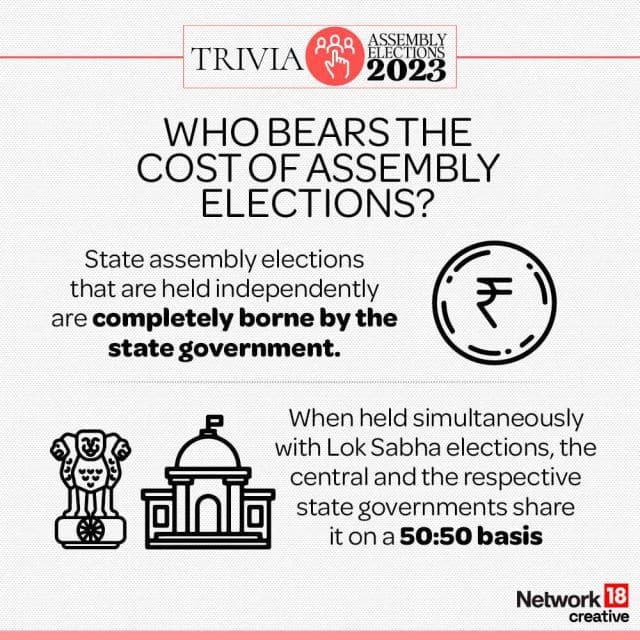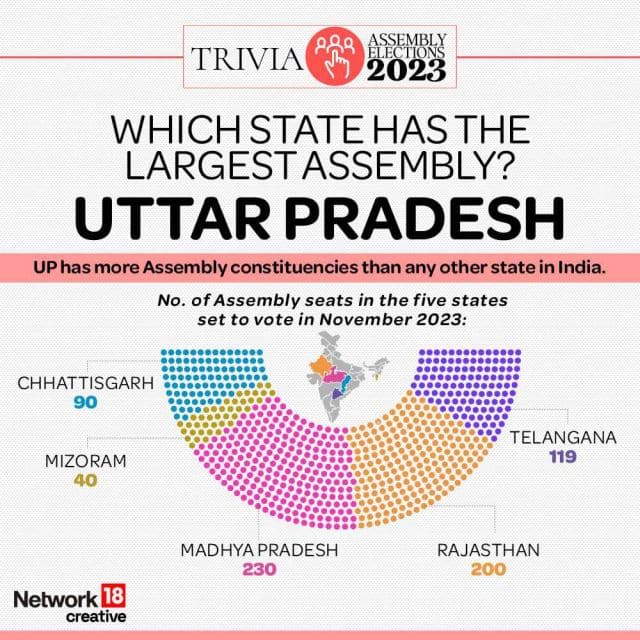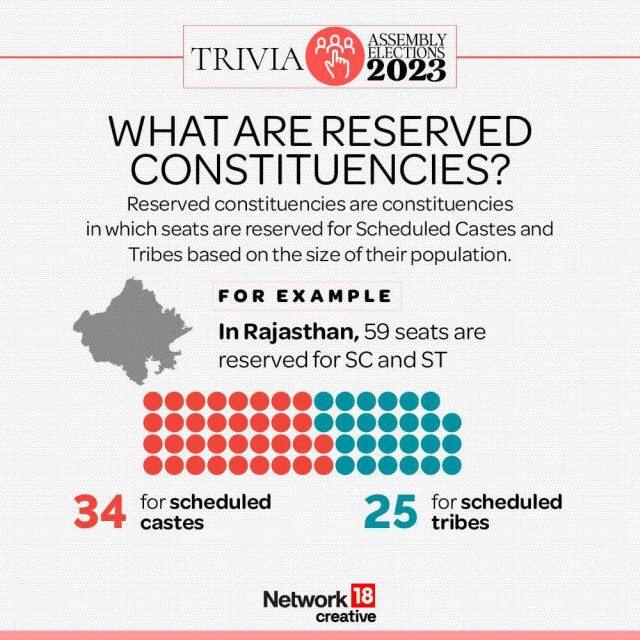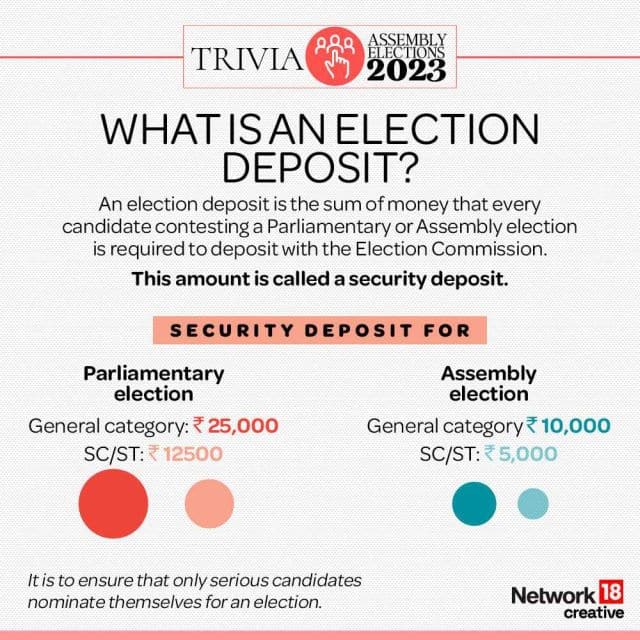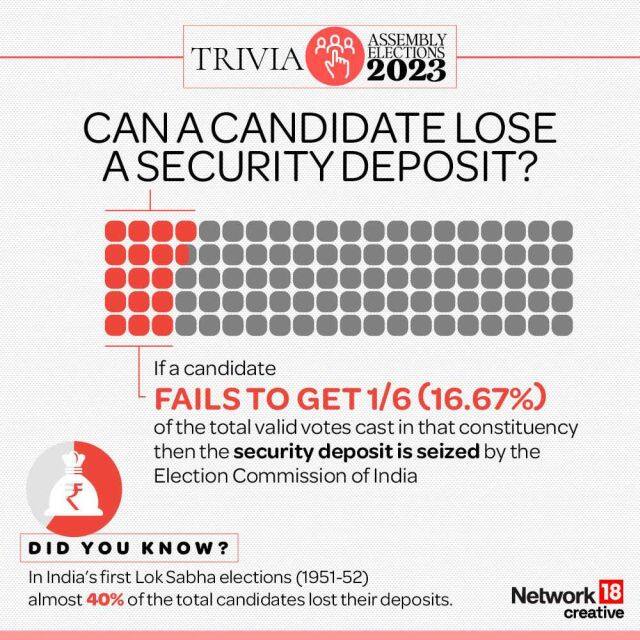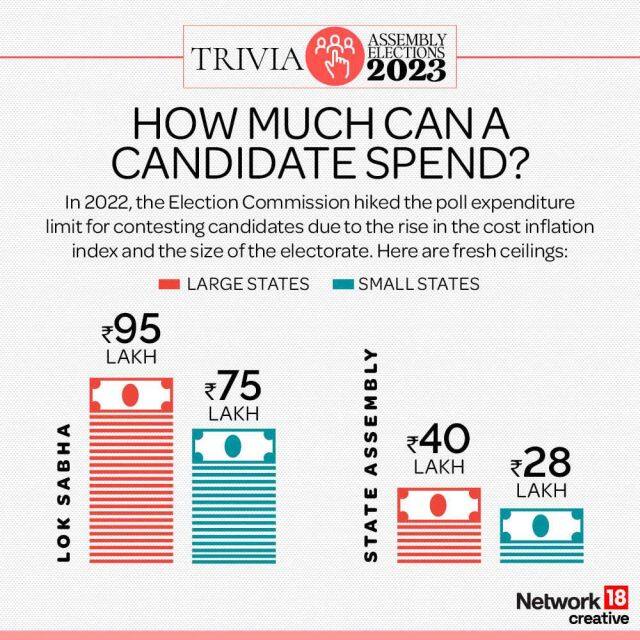The air quality in Delhi continued to remain “very poor” for the fifth consecutive day on Wednesday, as the overall air quality index stood at 373, according to the Central Pollution Control Board (CPCB).
There’s also a good chance that things won’t get better in November.
Two data sets released on Tuesday by the CPCB on Delhi’s air quality showed that there has been progress in addressing the issue; however, nothing has changed.
Let’s take a look.
October AQI this year is the worst since 2020
According to CPCB data, October this year saw the “worst” air quality in Delhi since 2020. This October’s average Air Quality Index (AQI) for the Capital was 210, compared to 210 in October 2022 and 173 in October 2021.
For those unversed, an AQI between zero and 50 is considered “good,” 51 and 100 “satisfactory,” 101 and 200 “moderate,” 201 and 300 “poor,” 301 and 400 “very poor,” and 401 and 500 “severe.”
In contrast to the corresponding period during the last six years (aside from the COVID-affected 2020), the daily average air quality in Delhi, the 10-month period between January and October 2023, records its best index, according to the Commission for Air Quality Management in NCR and Adjoining Areas (CAQM). This establishes a consistent pattern of relative improvement in the air quality of Delhi-NCR.
The air in Delhi was poisonous in October, just like it is every year.
According to CPCB statistics issued on Tuesday, the National Capital Region (NCR) had average air quality in the “very poor” category in the following areas: Faridabad (320), Delhi (329), Delhi (359), and Greater Noida (375).
Higher AQI due to lower rain, lower wind speed
The many agencies tasked with cleaning up the city’s air are disappointed by the decline in the quality of the air last month compared to October in the previous two years, especially because the other months of 2023 have generally seen an improvement.
However, rainfall was one important aspect that contributed to the decreased average AQI in October in the preceding two years.
When there is a significant amount of rain, the air quality usually improves tremendously and rapidly, reported the Times of India.
Compared to a typical rainfall of 14.1 mm, October 2021 saw seven days of rain and 122.5 mm of rain overall.
Similarly, 128.6 mm of rain fell over six days in October of the previous year.
On 17 October, however, Safdarjung reported 5.4 mm of rain, making it the only wet day of the month.
In October last year, Delhi experienced two days of “good” air quality amid a single wet season that included all six rainy days in a row.
A similar pattern of three days of rain followed by one day of “good air” occurred in October 2021. This October, there weren’t any “good air” days.
The only time the city saw improved air quality within this time frame was in 2020, when the COVID-19 pandemic struck.
The CPCB stated in a statement that the average AQI for the years 2022, 2021, 2019, and 2018 varied from 179 to 201.
October 2023 saw moments of completely “still” conditions, according to the Center’s Commission for Air Quality Management (CAQM), with an average wind speed that was somewhat below average.
Air quality to likely deteriorate in November
On Sunday, Punjab saw the highest number of farm fires this season at 1068.
The harvesting season began later than typical this year, which has experts worried that the worst is yet to come, according to Mint.
Since stubble burning is one of the main causes of pollution in Delhi-NCR, the situation is expected to worsen the already poor quality of the air.
Even though fireworks are prohibited in the National Capital, every year on Diwali and the day following, the air quality deteriorates.
Firecrackers are completely prohibited in the Capital till 1 January 2024, according to the Delhi Pollution Control Committee (DPCC).
Delhi residents will continue to breathe in the toxic air because there has been no change in the weather other than a dip in temperature.
SC laments the worsening AQI in Delhi
On Tuesday, the Supreme Court ordered the governments of Delhi, Punjab, Haryana, Uttar Pradesh, and Rajasthan to submit affidavits to the court within a week, detailing the actions they are taking to prevent the worsening air quality, reported India Today.
The top court stated that although this was the finest time to be in the National Capital until a few decades ago, the bad quality of the air currently makes it suffocating.
According to a three-judge bench led by Justice SK Kaul, one of the primary causes of air pollution in the National Capital is crop burning.
Earlier, the apex court had sought a detailed report from the CAQM on the steps being taken to curb air pollution in Delhi-NCR.
Only CNG and electric buses allowed
The Delhi government has mandated that all buses from the NCR regions of Uttar Pradesh and Rajasthan that go to the National Capital from Haryana must operate on electric, CNG, or BS-VI diesel, starting today, as per Business Today.
With the ultimate goal of switching to electric vehicles, the policy attempts to reduce the air pollution that the region’s diesel-powered buses create.
The transport department published the guidelines that would take effect on Wednesday with a circular sent to Uttar Pradesh, Rajasthan, and Haryana.
With inputs from agencies
from Firstpost India Latest News https://ift.tt/TMiZctQ










